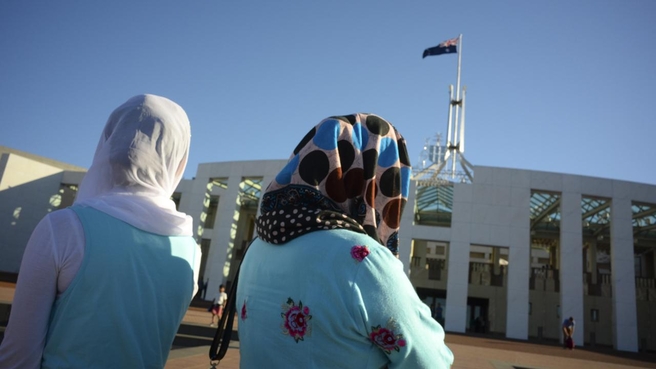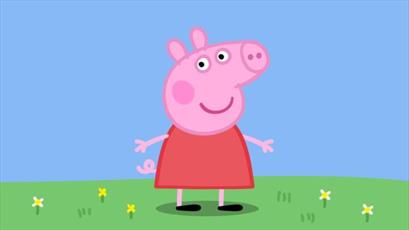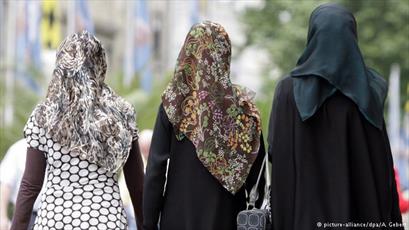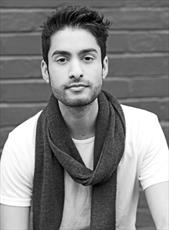Hawzah News Agency- Sixty percent of Australians would be concerned if a relative married a Muslim, a new national survey has found.
The snapshot of Australia's attitudes to Islam, released by Melbourne's Deakin University on Tuesday, also found that concern about Muslims is double that of any other group.
A third of respondents to the study said they would not object to Muslims being more thoroughly searched at airports, and a quarter would support all anti-terror efforts being focused on Muslims.
Matteo Vergani, the lead researcher on the study, said that the results proved Islamophobia was "alive and well" in Australia.
But this prejudice decreased as knowledge of Islam increased.
"People who know Muslims and more about Islam as a religion are the ones who don't feel threatened," Vergani told Tuesday.
The survey asked respondents five questions about the principle beliefs of Islam to determine their knowledge of the religion.
Respondents were then posed a series of Islamophobic statements with which they were asked to agree or disagree.
“In the wake of the recent Essential poll, which showed that 49 per cent of Australians support a ban on Muslim immigration, this result is particularly heartening and important because it suggests that education and knowledge of Islam is key to overcoming Islamophobia and building a more cohesive society,” Vergani said.
The Deakin survey came the week after an Essential poll found that half of all Australians supported a complete ban on Muslim immigration.
The Essential poll found that the most common reasons for wanting the ban were fears over terrorism and a belief that Muslims do not share Australian values.
Deakin Islamic religiosity expert, Professor Fethi Mansouri, said this was worrying because it supports the strong feelings of exclusion voiced by the nation’s Muslim community.
His colleague, Professor Shahram Akbarzadeh, last week called on the country’s political leaders to jointly condemn such Islamophobic rhetoric as they set the tone for public debate.
Akbarzadeh said relentless questioning and negative portrayal of young Muslims will see them “gravitate away from the mainstream Australian culture that rejects them” and vulnerable to extremist groups such as Daesh.





Your Comment